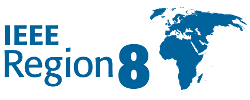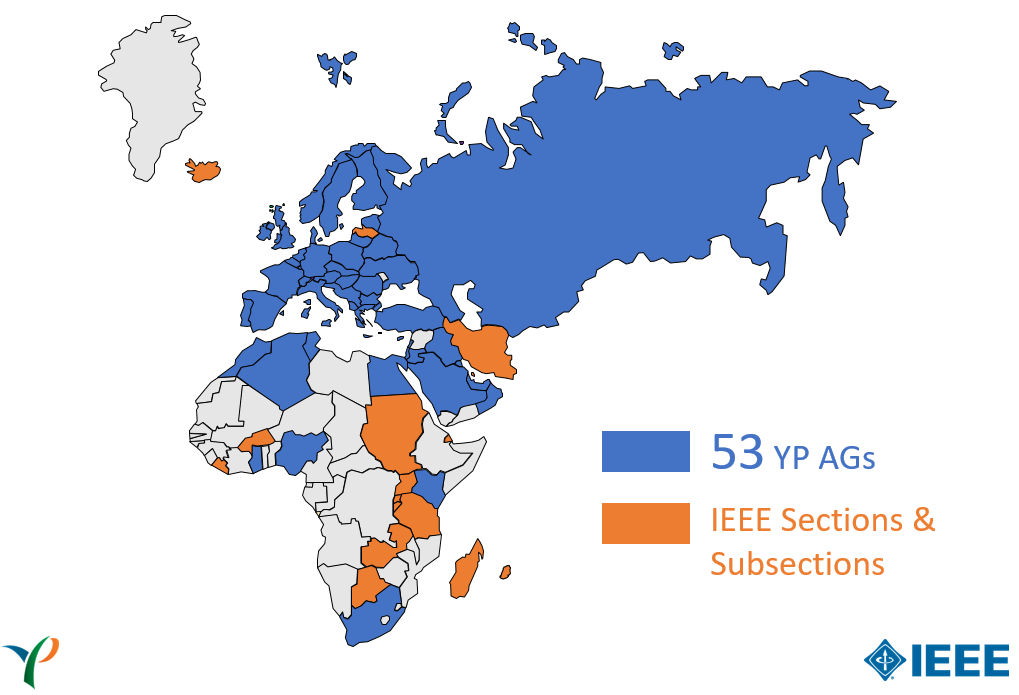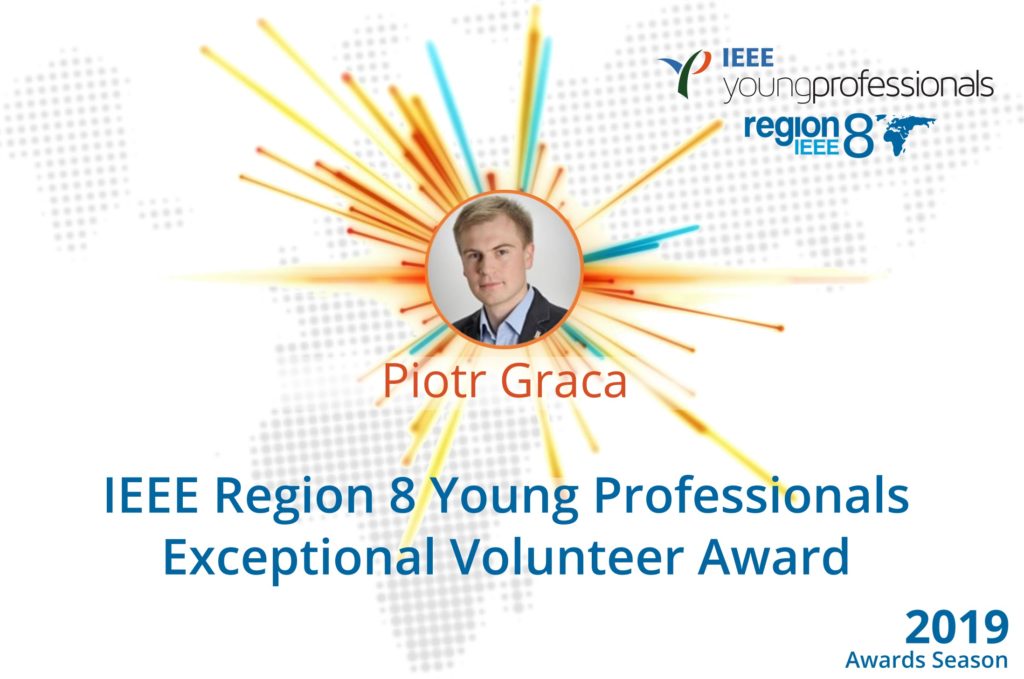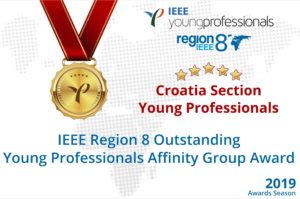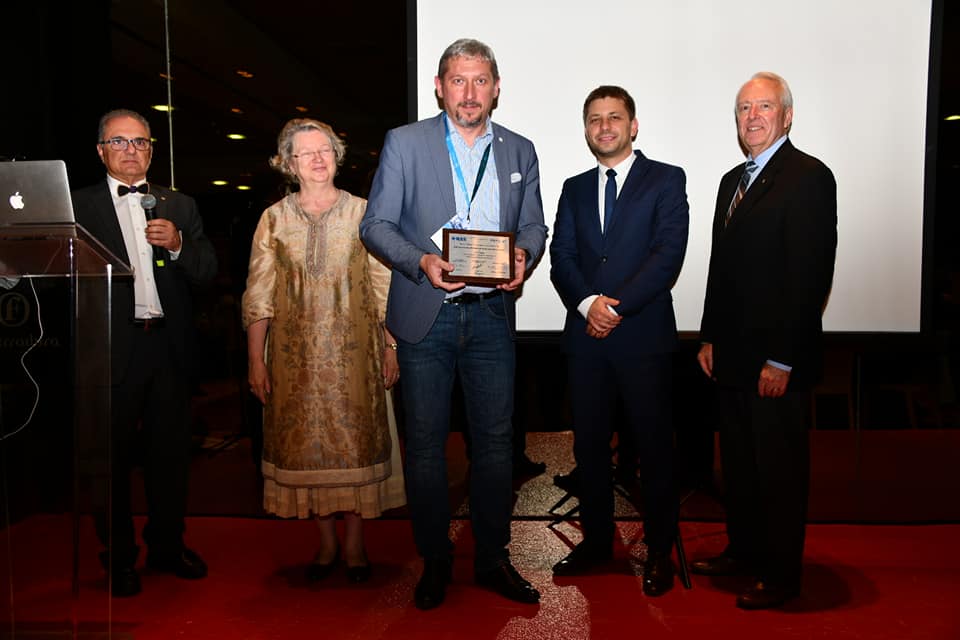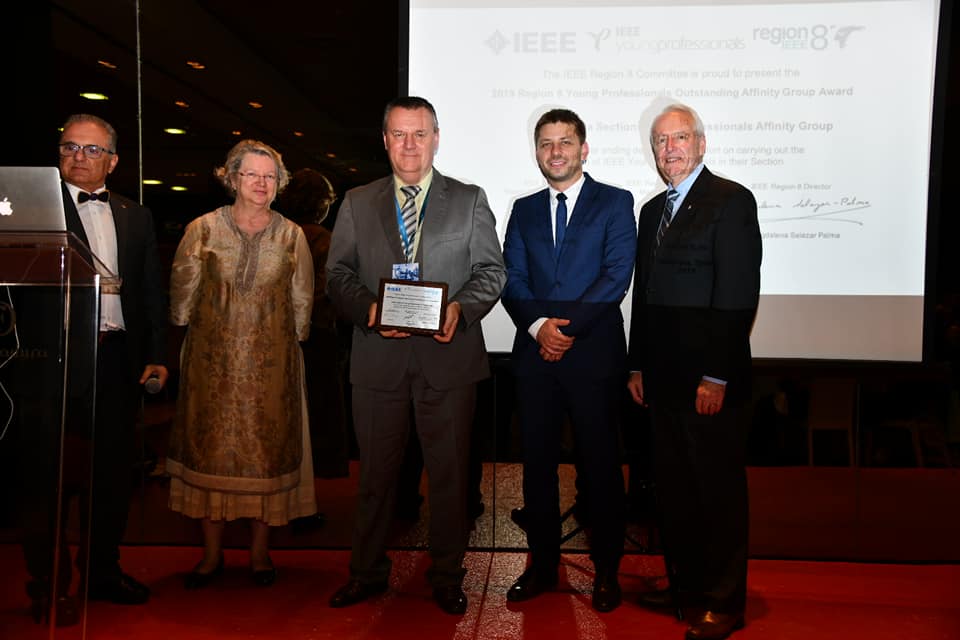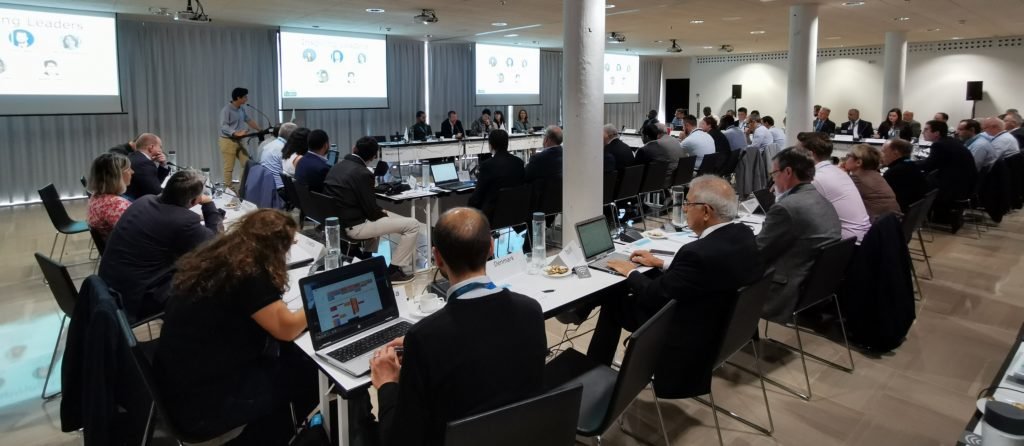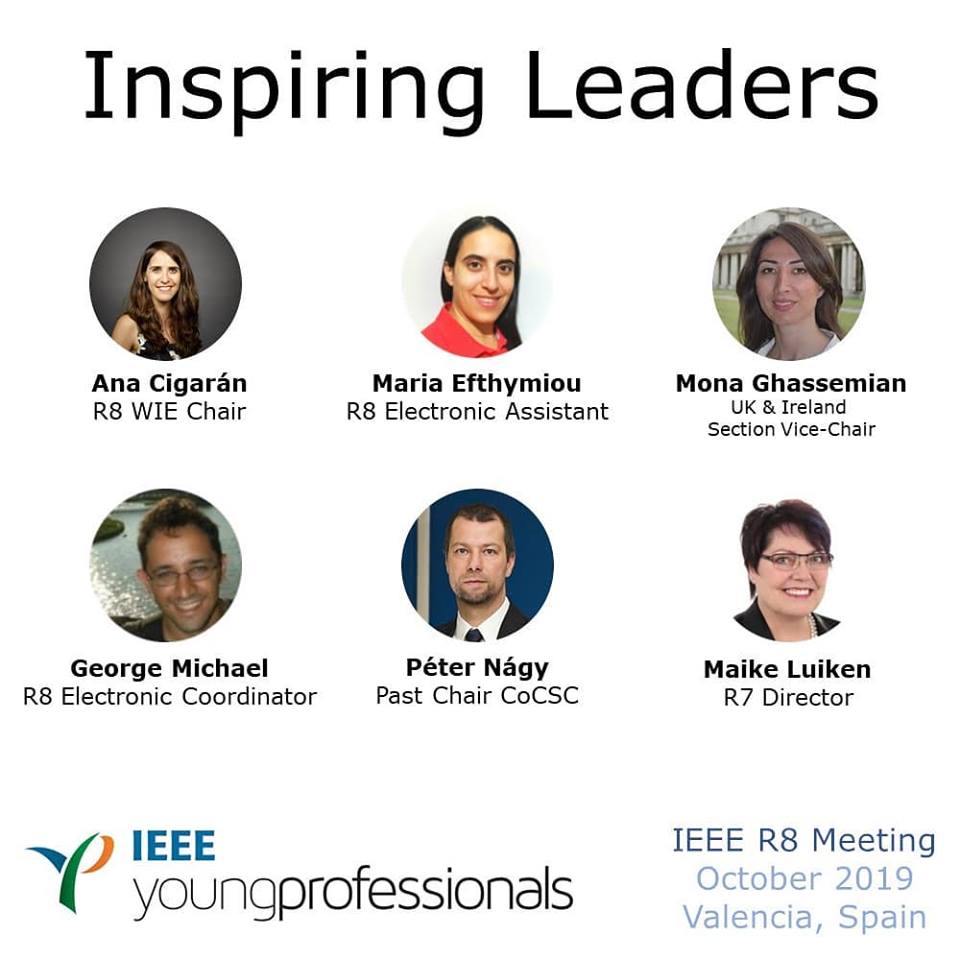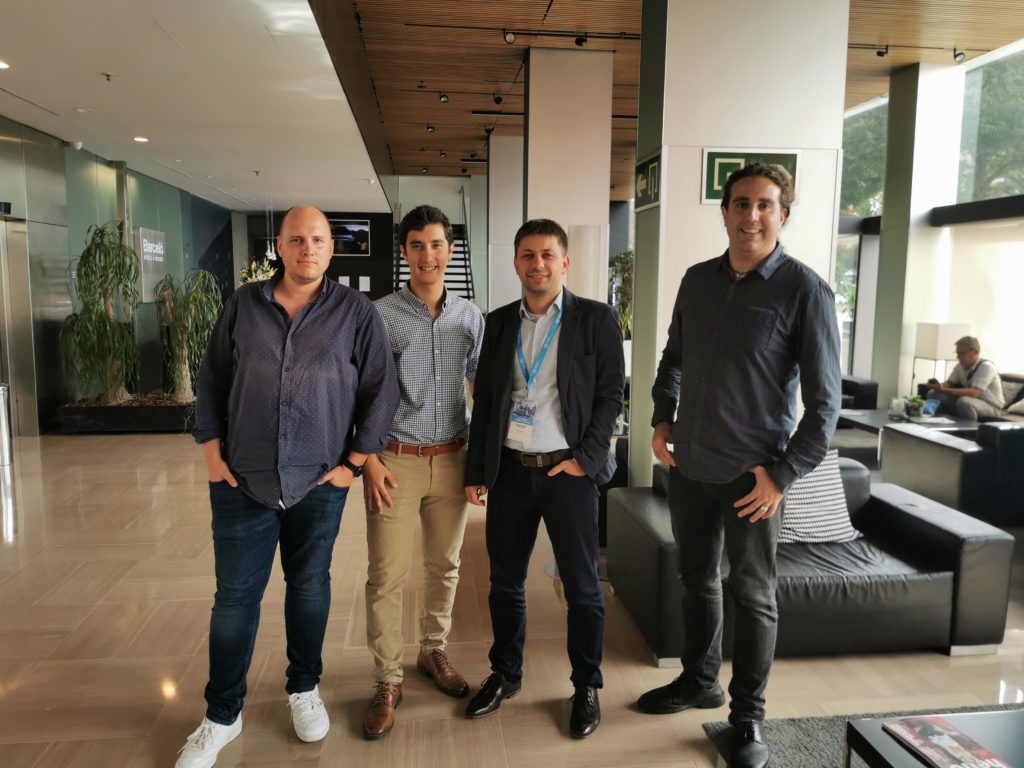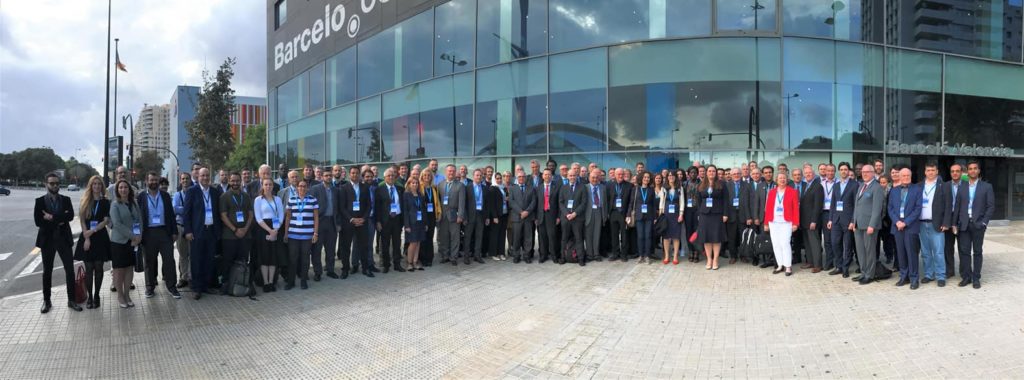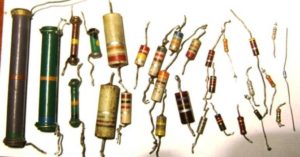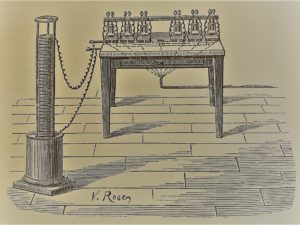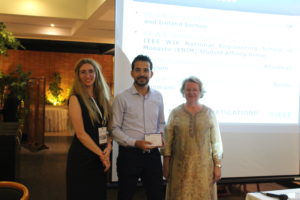New IEEE History Milestone in Barcelona
A new kind of electric telegraph was reported to the Barcelona Royal Academy of Sciences in 1804 by the Spaniard Francisco Salvá Campillo. The Milestone dedication ceremony took place on 2019 May 15 in the current location of that Royal Academy, in coincidence with the celebration of the World Telecommunication and Information Society Day.
The electric telegraph of Salvá was described in detail in a hand-written report read in front of the Barcelona Royal Academy members on 22 February 1804. That report is preserved in the Academy archives. In his report, Salvá suggest to “make the electricity be able to talk in order to transmit intelligence at a distance”. To meet that goal, the inventor arranged a modern communication system by following what later was known as the Shannon Model. That is to say, by using a transmitter made up with a Volta’s pile, a multiple communication channel set up with a number of wired cables, and a receiver based on Nicholson and Carlyle’s discovery of the electrolytic decomposition of water.
Salvá did not have the opportunity or the resources to complete construction of his invention and he just could carry out some partial physical demonstrations about the feasibility of his telegraph. In spite of that, his ideas inspired the telegraph proposed five years later by the German Samuel Thomas von Sömmerring to the Munich Academy of Sciences, and were described in a document more than 30 years ahead Cooke and Wheatstone’s, and Morse and Vail’s telegraphs.
The unveiling ceremony of the Milestone plaque in Barcelona collected more than 100 people coming from different Academies and Universities from Spain. It was presided over by the Chair of the Barcelona Royal Academy of Sciences and Arts, Mr. Joan Jofré and the Director of the IEEE Spain Section, Mr. Jesús Fraile. On behalf of the IEEE Board of Directors and the IEEE Region 8, Mr. Martin Baastians, past IEEE Vice President for Member and Geographic Activities and past Director of IEEE Region 8, attended the event.
Firstly, Mr. Joan Jofré and Mr. Jesús Fraile, introduced the activities of the Barcelona Royal Academy and of the IEEE Spain Section, respectively. Next, Prof. Sánchez Miñana addressed the audience speaking about the life and work of Salvá, and finally, Prof. Pérez Yuste, talked about the electric telegraph of Salvá and about the process to come up with this Milestone. Prof. Pérez Yuste, IEEE Senior Member and Professor at Technical University of Madrid, jointly with the doctorate candidate Ms. Begoña Villanueva, did the investigation and submission of the nomination required to get this Milestone approved.
After the speeches, all attendees moved to the entrance hall of the Academy to see the unveiling of the Milestone plaque. The citation shown is as follows:
On 22 February 1804, Francisco Salvá Campillo reported to the Barcelona Royal Academy of Sciences, in Spain, a new kind of electric telegraph. He proposed a new method of telegraphy by combining the generation of an electric current using the recently-invented voltaic pile with detection by water electrolysis. Salvá’s report described the elements required and how they should be arranged to convey information at a distance
More information about this Milestone and about Salvá and his electric telegraph can be found in the following two websites:
Application and discussion forum about the Milestone:
